Welcome to the Polish Endometriosis Foundation „Pokonać Endometriozę”
Let’s defeat endometriosis together!
Lucyna Jaworska-Wojtas
President
About Us



Our Mission
To improve the quality of life for women affected by endometriosis through education, advocacy, systemic change, and direct support.
Our Vision
A world where endometriosis is diagnosed early, treated effectively, and understood by all—patients, professionals, and policymakers alike.
Our Impact Since 2018
- Launched the Ministry of Health’s Task Force on Endometriosis.
- Promoted public and private collaborations for modern treatment access.
- Supported over 10,000 women through workshops, webinars, and counseling.
- Published pivotal national reports and recommendations.
- Built Poland’s first nationwide network of local endometriosis ambassadors.
Our Leadership

Lucyna Jaworska-Wojtas
President & Founder
Lucyna is a passionate advocate for women’s health and the driving force behind the Foundation. As a patient and activist, she transformed her personal experience with endometriosis into a national movement. Her efforts have positioned the Foundation as a leading voice in health advocacy in Poland.
“I made a vow to myself: if my granddaughter ever falls ill, she will live in a country where she has access to proper treatment, and no doctor will tell her they can’t help. In Poland, there will be state-of-the-art endometriosis clinics equipped with the best technology in the world.”— Lucyna Jaworska-Wojtas
Foundation Council
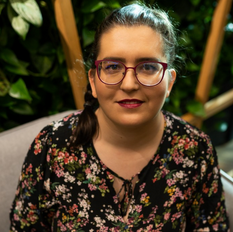
Aleksandra Bielak (ENG)
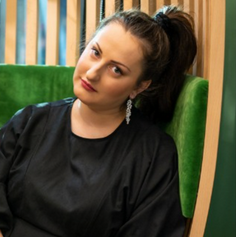
Marlena Kaźmierska
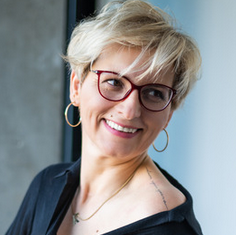
Katarzyna Ploch
Our Work
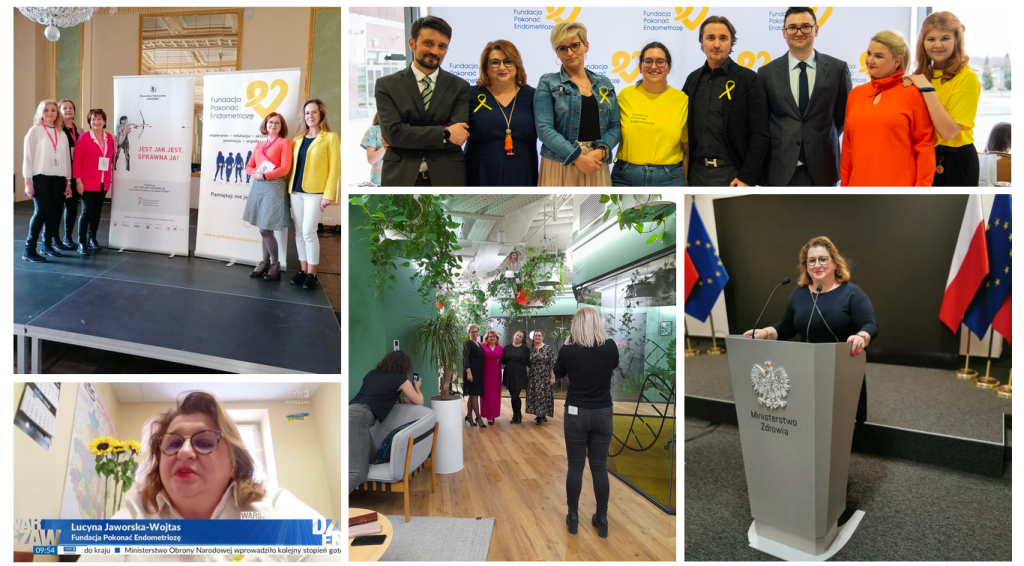
Advocacy
- Task Force on Endometriosis – Co-created by the Ministry of Health thanks to our advocacy.
- Parliamentary and EU-level consultations.
- National petition “6 Demands for 3 Million Women” (5701 signatures).
- Strategic partnerships with medical and government institutions.
Support & Education
- National workshops and conferences for patients and healthcare professionals.
- “Yellowomb” project with IFMSA for medical students.
- “Niesiemy Wiedzę” webinar series (20+ hours of free expert content).
- 13 regional Ambassadors running in-person support meetings (“EndoCoffee”).
- “Yellow Line” – free online psychological consultations.
- Patient support map, resource sharing, fundraising facilitation.
Public Awareness
- National presence at health fairs and congresses (e.g., Congress of Women, Zdrowa Polka).
- Media campaigns: TVN, Polsat, TOKFM, Radio LUZ, WP Kobieta, and more.
- Patronage of books and student conferences on endometriosis.
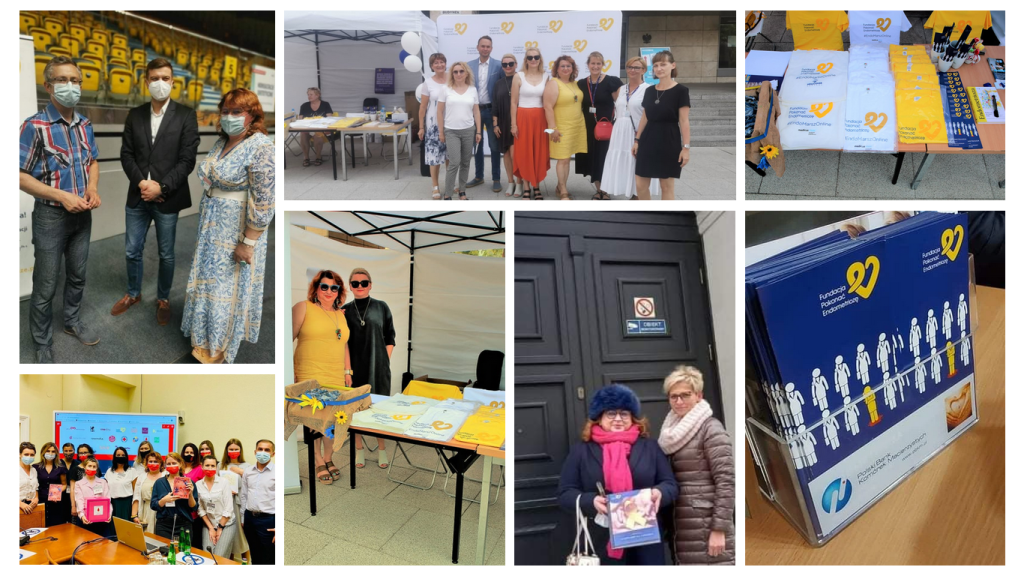
Key Publications
- 4 Pillars of Patient Safety and Rights (2022)
- Statistics and Recommendations for Endometriosis Treatment (2022)
- Health system redesign recommendations and expert responses included.
- Non-Reimbursed Medications in Endometriosis Therapy (2022)
Support our mission
Your voice matters. Whether you are a patient, a family member, a healthcare professional, or a policymaker—there’s a place for you in the movement.
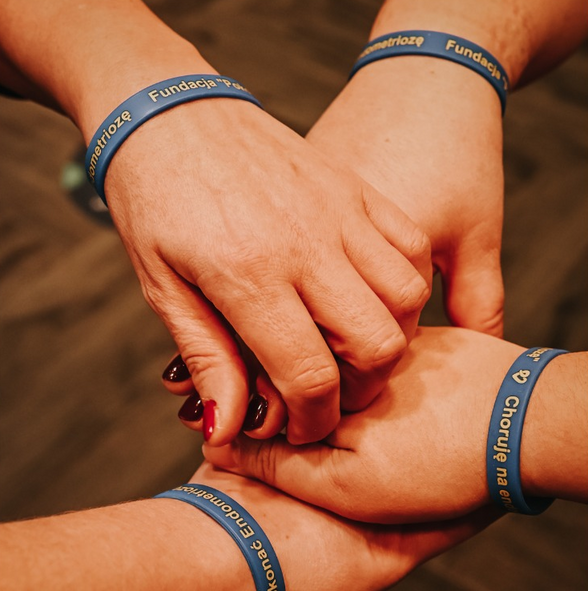
Contact
Polish Endometriosis Foundation „Pokonać Endometriozę”
Bieniewicka 26, 01-632 Warsaw, Poland
📧 kontakt@pokonacendometrioze.pl
🌐 pokonacendometrioze.pl
